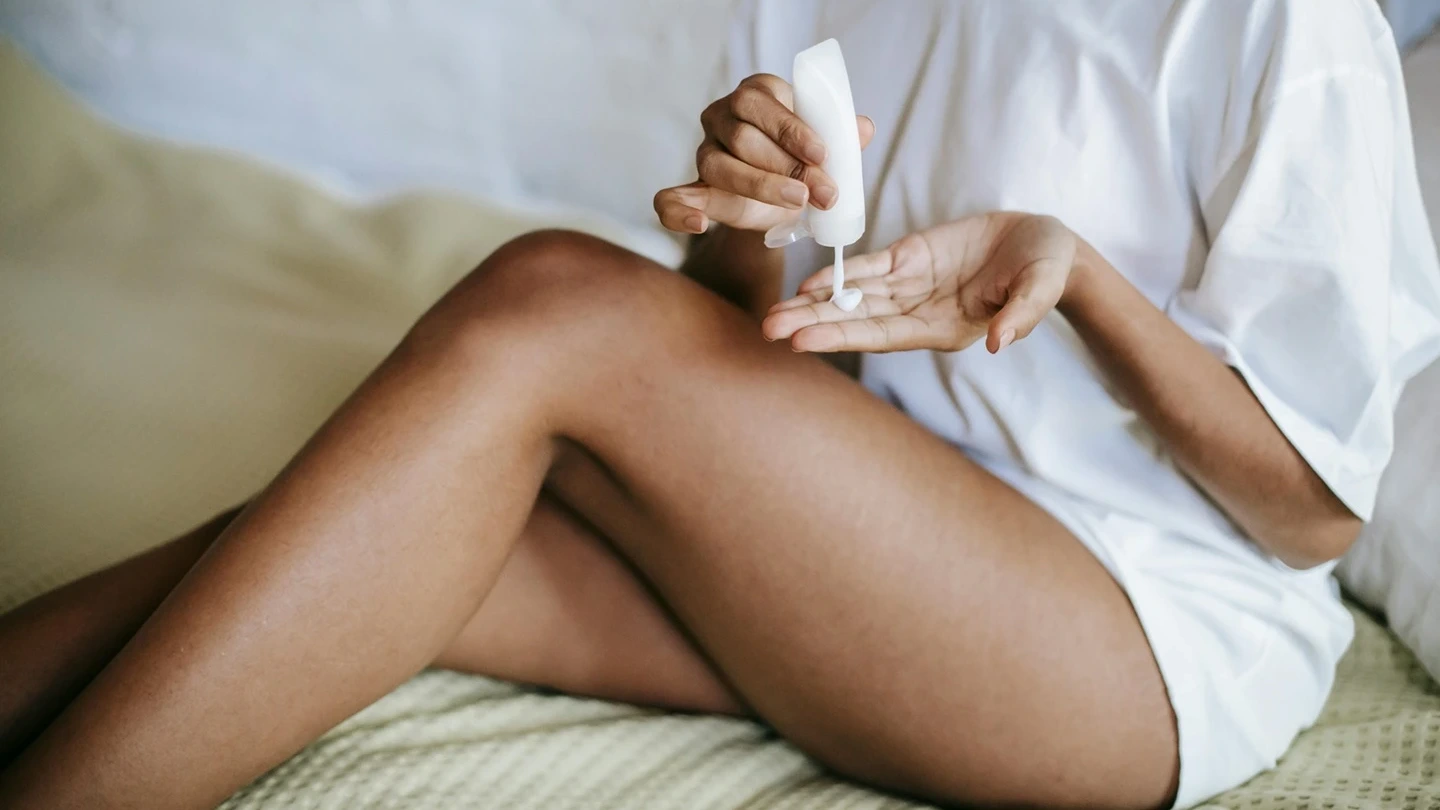Creating an Effective Skincare Routine for Acne-Prone Skin


Dealing with acne-prone skin can be challenging, especially in a country like India where factors such as humidity, pollution, and diet can significantly impact your skin health. However, with the right skincare routine, you can effectively manage acne and achieve clearer, healthier-looking skin. This comprehensive guide will walk you through the essential steps to create an effective skincare routine tailored for acne-prone skin.
Before diving into the routine, it's crucial to understand what causes acne and how it affects your skin. Acne occurs when hair follicles become clogged with oil and dead skin cells, leading to the formation of pimples, blackheads, and whiteheads. Factors such as hormonal changes, stress, diet, and genetics can contribute to acne-prone skin.
1. Cleansing
The foundation of any effective skincare routine is proper cleansing. For acne-prone skin, it's essential to choose a gentle, non-comedogenic cleanser that won't clog your pores or strip your skin of its natural oils.
2. Toning
Toning helps balance your skin's pH levels and removes any remaining impurities after cleansing. Look for alcohol-free toners with ingredients like salicylic acid or witch hazel, which can help control excess oil and minimize the appearance of pores.
3. Treating
This step is crucial for targeting acne-causing bacteria and reducing inflammation. Look for treatments containing active ingredients such as:
Apply your chosen treatment to problem areas or all over your face, depending on your skin's needs.
4. Moisturizing
Contrary to popular belief, even acne-prone skin needs proper hydration. Choose a lightweight, oil-free moisturizer to keep your skin balanced and prevent excessive oil production.
5. Sun Protection
Sunscreen is a non-negotiable step in any skincare routine, especially for acne-prone skin. UV rays can worsen acne scars and hyperpigmentation, so it's crucial to protect your skin daily.
In addition to your daily routine, incorporating weekly treatments can help address specific concerns and boost your skin's overall health.
Exfoliation
Gentle exfoliation can help remove dead skin cells and unclog pores, preventing new acne breakouts. However, be cautious not to over-exfoliate, as this can irritate your skin and worsen acne.
Face Masks
Clay or charcoal masks can help draw out impurities and excess oil from your pores. Look for masks with ingredients like kaolin clay, bentonite clay, or activated charcoal.
While a consistent skincare routine is essential, several lifestyle factors can also impact your skin's health:
Diet
What you eat can significantly affect your skin. Consider incorporating the following into your diet:
Avoid or limit foods that may trigger acne, such as dairy products and high-glycemic foods.
Hydration
Drinking plenty of water helps flush out toxins and keeps your skin hydrated from within. Aim for at least 8 glasses of water per day.
Sleep
Getting adequate sleep allows your skin to repair and regenerate. Aim for 7-9 hours of quality sleep each night.
Stress Management
High stress levels can trigger hormonal imbalances, leading to acne breakouts. Incorporate stress-reducing activities into your routine, such as:
Maintain good hygiene habits to prevent the spread of acne-causing bacteria:
Creating an effective skincare routine for acne-prone skin requires patience, consistency, and a willingness to experiment with different products and techniques. Remember that everyone's skin is unique, so what works for others may not work for you. Be gentle with your skin, give new products time to show results, and don't hesitate to seek professional advice if needed.
By following these guidelines and tailoring them to your specific needs, you can develop a skincare routine that helps manage acne, improve your skin's overall health, and boost your confidence. With time and dedication, you'll be on your way to achieving the clear, glowing skin you desire.